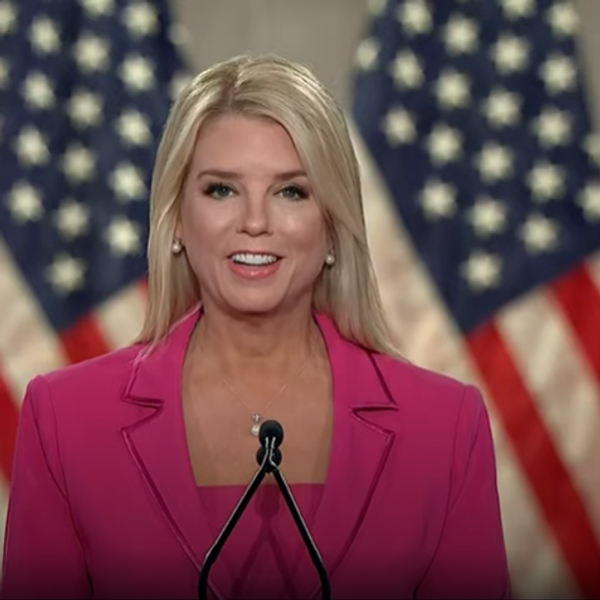By Michelle Nichols
UNITED NATIONS (Reuters) – The United Nations Security Council on Monday endorsed a deal to curb Iran’s nuclear program in return for sanctions relief, but it will be able to re-impose U.N. penalties during the next decade if Tehran breaches the historic agreement.
The 15-member body unanimously adopted a resolution that was negotiated as part of the agreement reached in Vienna last week between Iran and the world’s major powers.
In return for lifting U.S., EU and U.N. sanctions, Iran will be subjected to long-term curbs on a nuclear program that the West suspected was aimed at creating an atomic bomb, but which Tehran says is peaceful.
U.S. Ambassador to the United Nations Samantha Power said the deal would make the world “safer and more secure.”
But she added that it “doesn’t change our profound concern about human rights violations committed by the Iranian government or about instability Iran fuels … from its support for terrorist proxies to its repeated threats against Israel, its other destabilizing activities in the region.”
Iran’s U.N. Ambassador Gholamali Khoshroo rejected the U.S. accusations as baseless and ironic.
“The country that invaded two countries in our region and created favorable grounds for the growth of terrorism and extremism is not well placed to raise such accusations against my country,” he told the council.
Passage of the U.N. resolution triggers a complex set of coordinated steps agreed by Iran during nearly two years of talks with the United States, Russia, China, Britain, France, Germany and the European Union.
It says that no sanctions relief will be implemented until the International Atomic Energy Agency submits a report to the Security Council verifying that Iran has taken certain nuclear-related measures outlined in the agreement.
Under the deal, the major powers which signed the accord don’t need to take any further action for 90 days. Then they are required to begin preparations so they are able to lift sanctions as soon as the IAEA verification report is submitted.
The European Union approved the Iran nuclear deal with world powers on Monday. U.S. President Barack Obama’s administration has sent the nuclear agreement to Congress, which has the next 60 days to review it.
Iran’s elite Revolutionary Guards Corps described the U.N. resolution as unacceptable. The deal has also faced opposition in the U.S. Congress and some Middle East states, including Israel and Saudi Arabia.
SNAP-BACK SANCTIONS
Once sanctions relief can be implemented, seven previous U.N. resolutions will be terminated and the measures contained in the resolution adopted on Monday will come into effect.
The resolution allows for supply of ballistic missile technology and heavy weapons, such as tanks and attack helicopters, to Iran with Security Council approval, but the United States has pledged to veto any such requests.
The restrictions on ballistic missile technology are in place for eight years and on heavy weapons for five years. The resolution leaves in place an arms embargo on conventional weapons for five years.
The resolution places restrictions on the transfer to Iran of nuclear technology for peaceful purposes for a decade.
It allows all U.N. sanctions to be re-imposed if Iran breaches the deal in the next 10 years. If the Security Council receives a complaint of a breach it would then need to vote within 30 days on a resolution to extend sanctions relief.
If the council fails to vote on a resolution, the sanctions would be automatically re-imposed. This procedure prevents any of the veto powers which negotiated the accord, such as Russia and China, from blocking any snap-back of Iran sanctions.All the provisions and measures of the U.N. resolution would terminate in a decade if the nuclear deal is adhered to.
However, the six world powers and the EU wrote to U.N. Secretary-General Ban Ki-moon last week to inform him that after 10 years they plan to seek a five-year extension of the mechanism allowing sanctions to be re-imposed.
Russian U.N. Ambassador Vitaly Churkin told the council “a reserve of trust” had been built up among parties to the nuclear deal and that he hoped the “invaluable experience” of working together could be used to help resolve other crisis situations.
(Reporting by Michelle Nichols Editing by W Simon and James Dalgleish)
Photo: The United Nations Security Council votes to approve a resolution at the U.N. headquarters in New York July 20, 2015. The United Nations Security Council on Monday endorsed a deal to curb Iran’s nuclear program in return for sanctions relief, but it will be able to re-impose U.N. penalties during the next decade if Tehran breaches the historic agreement. (REUTERS/Mike Segar)










